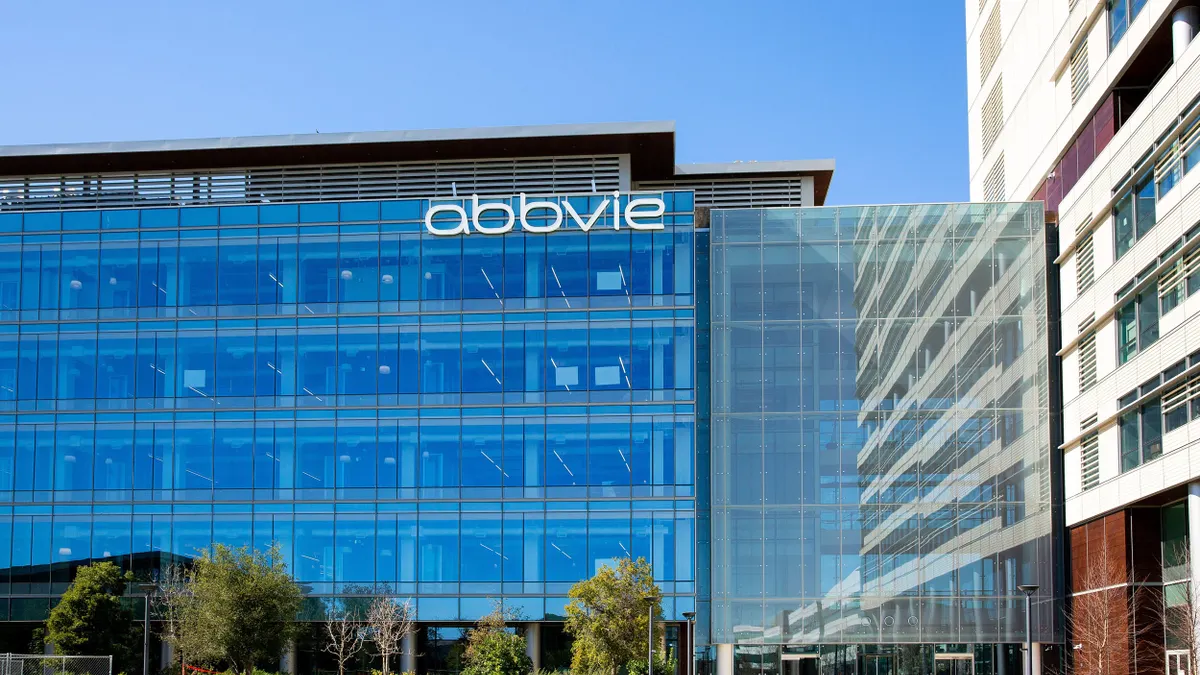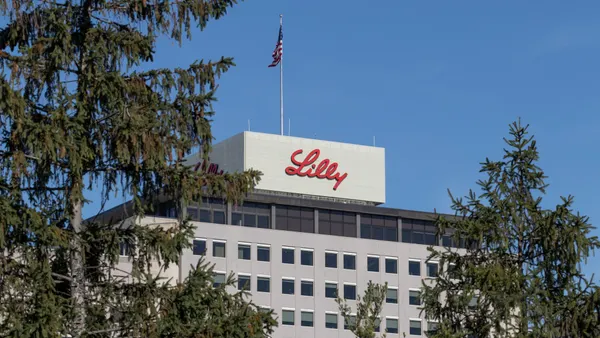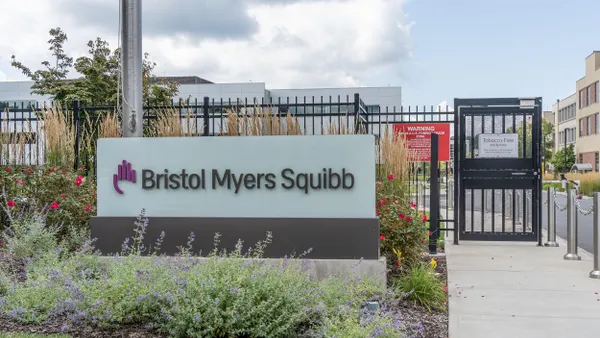Dive Brief:
- AbbVie agreed to pay Ichnos Glenmark $700 million upfront for rights to an early-stage experimental trispecific antibody that has shown promise in multiple myeloma.
- Under the terms of the deal announced Thursday, AbbVie will gain rights to ISB 2001 in North America, Europe, Japan and China. Ichnos Glenmark will be eligible for as much as $1.23 billion more in payments if the medicine reaches certain development, regulatory and commercial milestones and will also receive royalties on sales if the drug reaches the market.
- Glenmark Pharmaceuticals, which joined with Ichnos Sciences to create Ichnos Glenmark in 2024, will be responsible for development, manufacturing and lead commercialization of the drug in emerging markets. That includes the rest of Asia, Latin America and the Middle East.
Dive Insight:
AbbVie is betting on a treatment that promises to knock out cancer cells by engaging three different targets, building on the success of bispecific drugs in oncology.
ISB 2001 binds CD3 on T cells, while also hunting for two proteins, BCMA and CD38, that are expressed on cancerous cells. The company says the triple action can eliminate more myeloma cells more effectively, offering the potential of a cure for the disease. AbbVie also aims to test the approach on autoimmune diseases, a therapeutic area where multifaceted antibody drugs have recently attracted interest.
The promise of ISB 2001 led the Food and Drug Administration to award Orphan Drug and Fast Track Designations to the drug, smoothing the path for faster development.
So far, the experimental treatment has only reached Phase 1 testing. Preliminary results showed an overall response rate of 79% among patients with relapsed or refractory multiple myeloma, according to data presented at the recent American Society of Clinical Oncology’s annual meeting. The drug was generally well tolerated, the company said.












